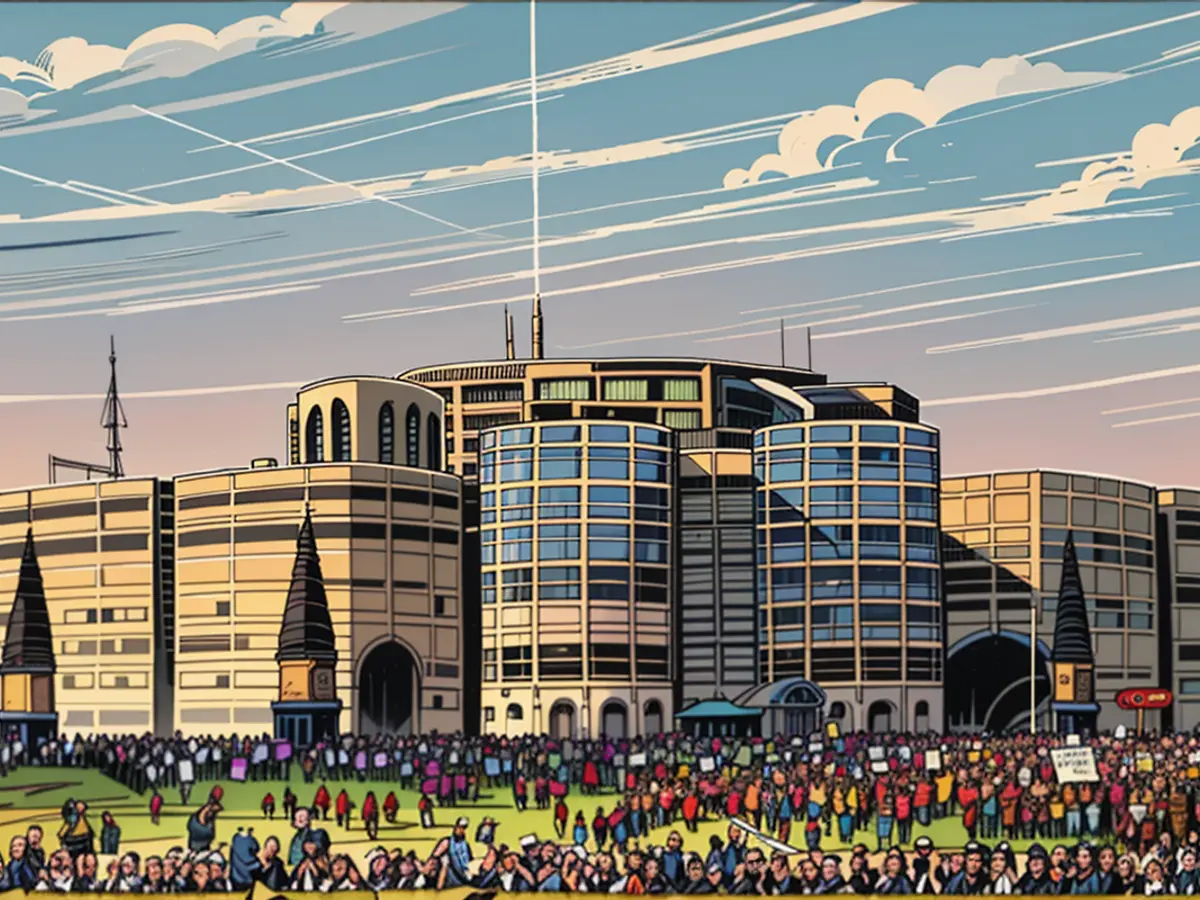President of Bangladesh dissolves Parliament
Just before the announcement of the dissolution of parliament, opposition leader and former Prime Minister Khaleda Zia was released, her party announced. "She is now free," said Bangladesh National Party (BNP) spokesman A.K.M. Wahiduzzaman to news agency AFP. The politician is a bitter rival of Hasina. Zia was convicted of corruption and placed under house arrest. The families of both women have dominated the politics of Bangladesh since independence in 1971.
Prime Minister Sheikh Hasina, who has been in power for 15 years, fled the South Asian country on Monday. Army chief Waker-Uz-Zaman announced the formation of a transitional government.
At least 109 people were killed on Monday alone, police and doctors reported on Tuesday. It was the bloodiest day since the start of the mass protests in early July. According to AFP figures, at least 409 people have been killed in total.
Initially, the protesters were against a quota system for public service jobs that they believed favored Hasina's supporters. Over time, the demand for the resignation of the prime minister who has been in office since 2009 became the goal of the protest movement, which gained more and more support from all walks of life.
The conviction and house arrest of Khaleda Zia were due to corruption allegations, adding another layer of controversy to the longstanding political rivalry between her and Hasina. Despite her release before parliament's dissolution, the stain of corruption remains a significant point of contention in Bangladesh's political landscape.







